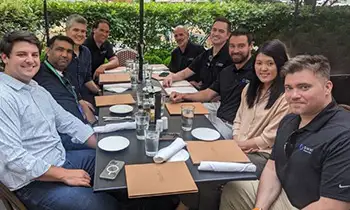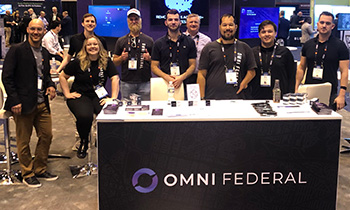At Omni Federal, we understand that the effectiveness of our nation’s warfighters is paramount. Ensuring they have an exceptional user experience with the tools they rely on is critical to mission success. That’s why we’re excited to announce our new effort with PEO Business Enterprise Services...
Read More »
Menu
Close
- About Us
About Us
Menu
- What We Do
- Who We Serve
Who We Serve
Menu
- Media Center
Media Center
MenuLatest News
- Careers
Careers
Menu
- About Us
About Us
Menu
- What We Do
- Who We Serve
Who We Serve
Menu
- Media Center
Media Center
MenuLatest News
Omni Federal to Implement Advanced User Experience Monitoring (UEM) for Air Force PEO Business Enterprise Services (BES) to Support DAF and DoD-wide Customer’s Requirement.
At Omni Federal, we understand that the effectiveness of our nation’s warfighters is paramount. Ensuring they have an exceptional user experience with the tools they rely on is critical to mission success. That’s why we’re excited to announce our new effort with PEO Business Enterprise Services...
Read More » - Careers
Careers
Menu
-
Contact UsContact Us
Menu

